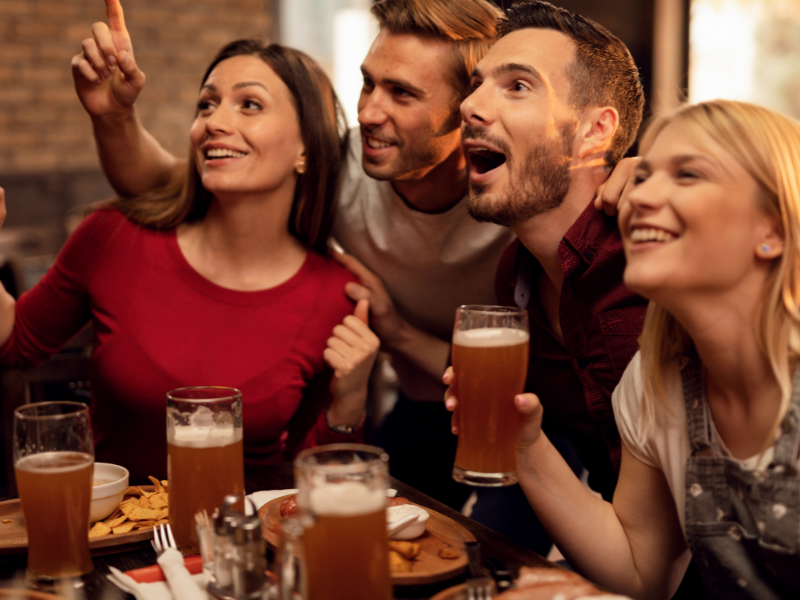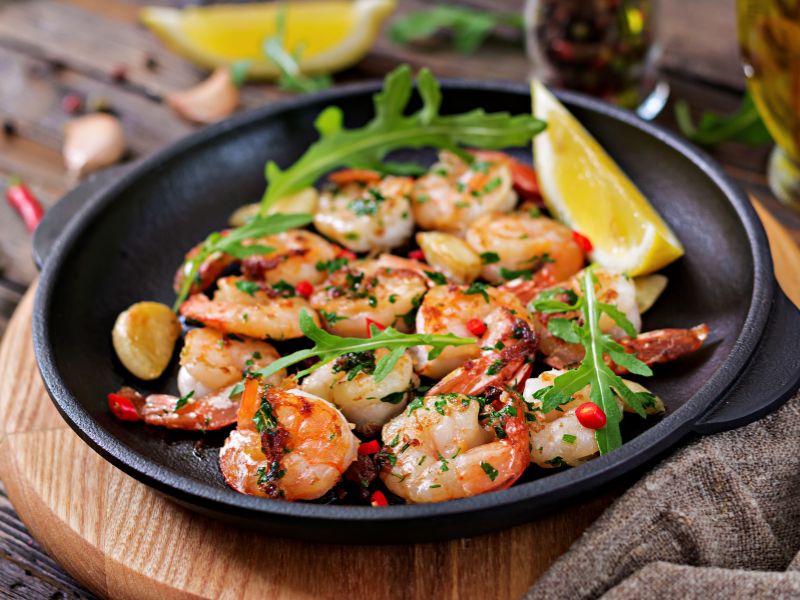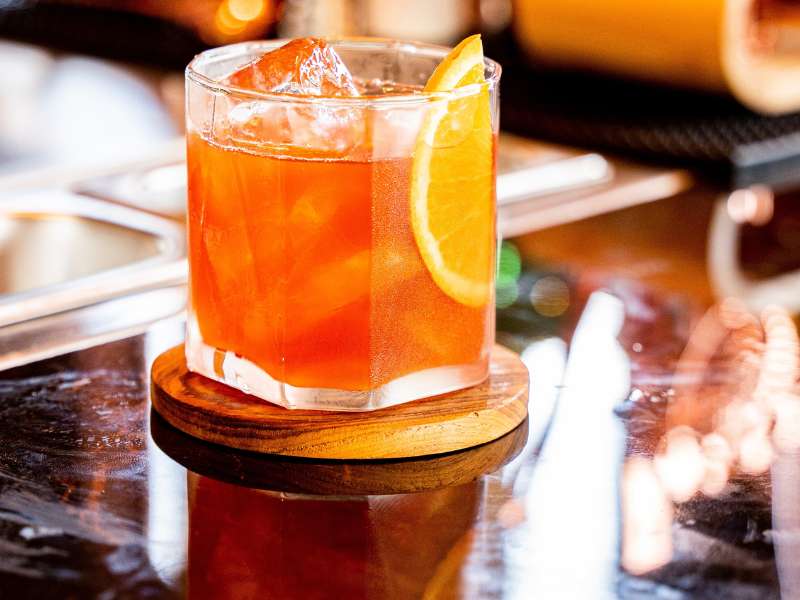The Sober Curious Movement, a trend focused on low- or non-alcoholic beverages, has exploded over the last couple of years. Fueled by those seeking to live a healthier lifestyle, many restaurants are reimagining and expanding their beverage menus.
For many restaurateurs, the initial response to non-alcoholic drinks is disinterest, mainly because of a perceived decrease in profit margins. The reality, however, is that non-alcoholic beverages can increase beverage sales without negatively impacting your alcohol business.
These are no longer bland drinks. Mindful drinkers include health aficionados, sober professionals, and millennials/Gen Z. In fact, according to research group Fior Markets, the non-alcoholic beverage industry is estimated to increase from approximately $923 million to $1.7 billion by 2028.
Sober Curious Consumers
The pandemic is a major reason for the popularity of the sober curious movement. Drinking habits increased during this time, but as consumers began to return to normal work schedules, many realized they needed to cut back.
Sober drinkers seek a similar drink menu that is tasty, stunning in presentation, and that allows them to socialize in restaurants and bars.
Mocktails and Zero-Proof Beverages
 Mocktails are simply cocktails minus the alcohol. These drinks have evolved so that they don’t even skimp out on the alcoholic taste.
Mocktails are simply cocktails minus the alcohol. These drinks have evolved so that they don’t even skimp out on the alcoholic taste.
Thanks to zero-proof spirit alternatives, bartenders can substitute traditional liquors with these alternative spirits. Bartenders create drinks that look and taste like traditional cocktails but without the negative health effects.
It's also a profitable approach. The final check will be larger with a couple of these invigorating, specially crafted beverages, in contrast to those no-charge refills for water, teas, and sodas.
Shrubs and Kombucha
Shrubs are beverages that combine fruit, vinegar, and sugar. The process is simple: Chop up the fruit and add equal ratios of vinegar and sugar. The fruit ferments in the vinegar, yielding a sweet, acidic syrup.
The creative license here is broad. Almost any fruit you want can be used, meaning your concoction can be as sweet or tart as you like, combined with other fruit flavors, or mixed with sparkling soda water to create flavorful, refreshing drinks. Shrubs allow restaurants to create a specialty beverage menu that is unique, refreshing, and evolving for its customers.
A cousin to shrubs is kombucha, a fermented tea that is made with sugar, live bacteria, and yeast. Kombucha has gained popularity as a potential source of probiotics and is perceived to have health benefits, though the research is inconclusive. Kombucha is gaining popularity in restaurants and bars, often offered on tap, just like draft beer.
Non-Alcoholic Beer and Wine
The number of Americans who don’t drink continues to rise, and as a result, the inclusion of non-alcoholic beer and wine in restaurants is increasing. Thankfully, quality breweries and wineries have really been stepping up so restaurants and bars can offer quality products that taste great.
New research and brewing innovations are producing tasty beers for a growing market. Samuel Adams, BrewDog, Rightside Brewing, Athletic, and Three Notch’d are some of the reputable brewers that provide non-alcoholic beers that intrigue even the most devoted beer connoisseurs.
Wineries in Napa Valley have also gotten in on the alcohol-free surge: Sutter Homes offers a line of gourmet non-alcoholic wines that go through the same process as traditional wines, but without the addition of alcohol. St. Regis, Töst, and Freixenet offer sparkling creations that look and taste like traditional wine and Champagne.
The inclusion of non-alcoholic beverages allows restaurants to establish a reputation for meeting the health and social needs of their non-drinking customers, ultimately boosting beverage sales. It’s a win for everyone.



